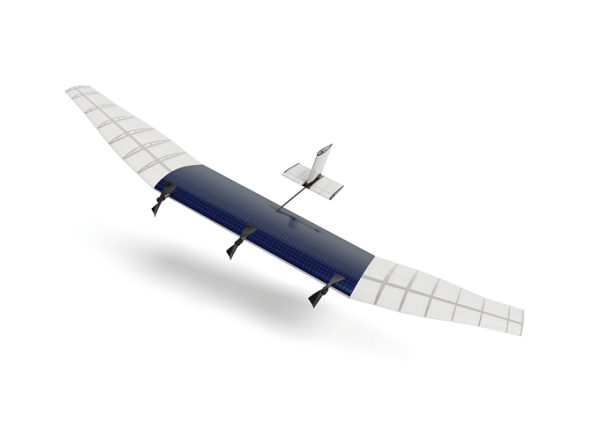Shortly after buying a mobile messaging app and a virtual reality goggles maker, Facebook announced that it also wants to become an Internet Service Provider using solar powered drones and low Earth orbit satellites.
If this piece of news had been about Google, I’d have said that the search giant is looking to expand its reach even farther. On the other hand, the search giant already has a service called Google Fiber and plans to provide Internet using weather balloons so, after all, this may just be another case of a company being inspired by another. I just hope that Zuckerberg doesn’t think that his approach is extremely original because… well, it just isn’t!

As the social network’s CEO observed, the Internet has the power of bringing people together, regardless if it’s about friends, communities or whole countries. Citing a Deloitte study, Zuckerberg noticed that the Internet has the potential of creating “another 140 million new jobs, lift 160 million people out of poverty, and reduce child mortality by hundreds of thousands of lives.”
Zuckerberg explained in a piece of copy he wrote that “In the Philippines, we worked with mobile operator Globe to offer free data access to our apps, make it easier for people to register for a data plan and get a loan for their plan. In just a few months we helped double the number of people using mobile data on Globe’s network and grew their subscribers by 25%. In Paraguay, by working with TIGO we were able to grow the number of people using the Internet by 50% over the course of the partnership and increase daily data usage by more than 50%. These two partnerships alone helped almost 3 million new people access the Internet.”
There are several different ways connecting the world from the sky, and Zuckerberg refers to a couple of them in his copy. First of all, there are low Earth orbit satellites. Next, there is free space optics, which implies laser beams able of carrying data. Not at last, Zuckerberg talked about solar powered Internet delivering drones. Each of these approaches is appropriate for various areas of the world, the main difference being represented by the density of the population in a particular area.
It remains to be seen if Zuckerberg’s new thoughts are received with as much skepticism as the acquisition of Oculus VR, which saddened a lot of Facebook shareholders and early adopters of the Oculus Rift virtual reality goggles.
Be social! Follow Walyou on Facebook and Twitter, and read more related stories about Twitter’s photo tagging and sharing and Facebook’s Trending Topics.










